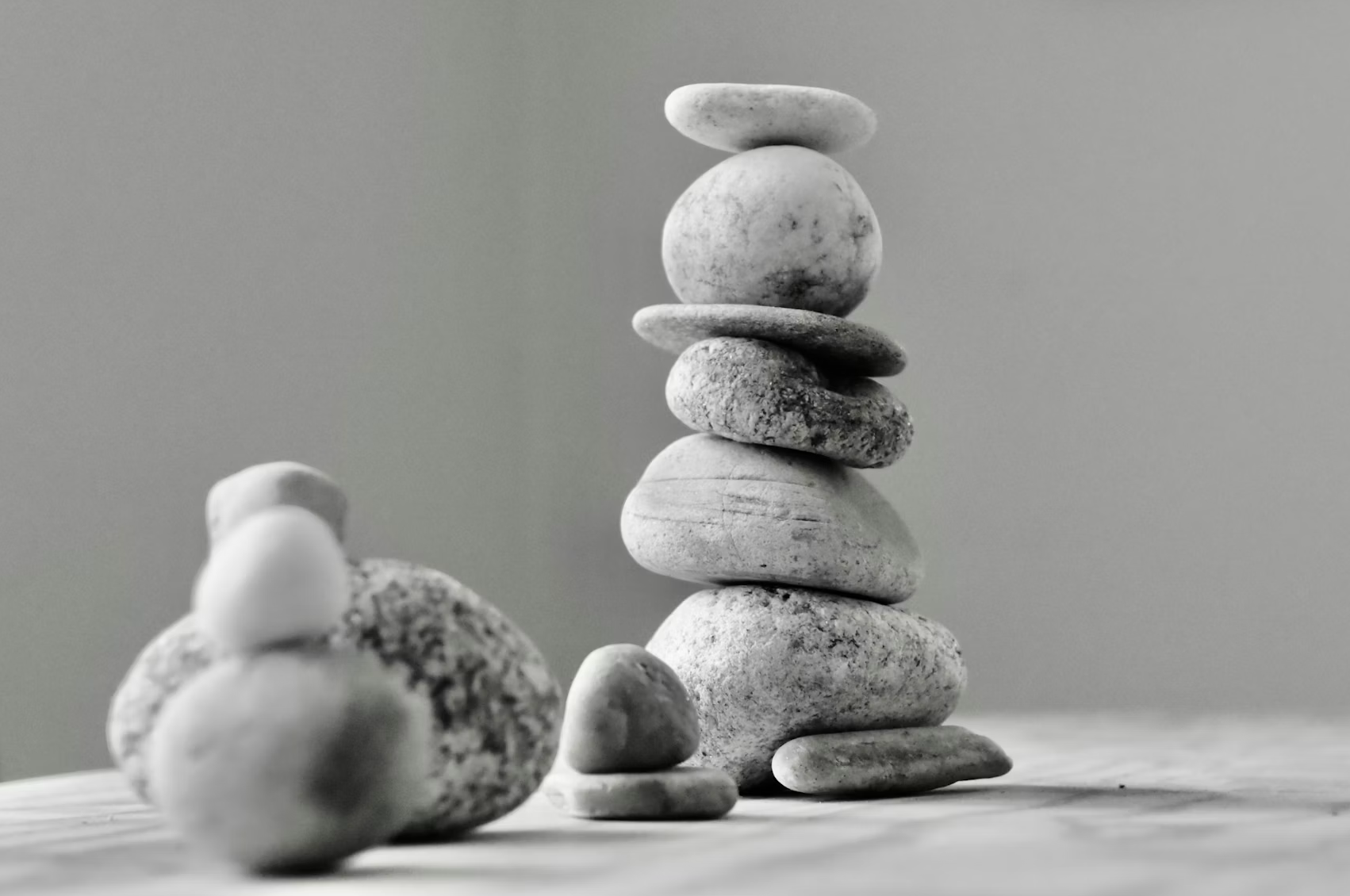BLOG
Marine has always had a passion for writing. She finds joy in sharing her knowledge, believing that the ripple effect of supporting one another and planting small seeds of inspiration is the truest way to connect with the world—and to leave a beautiful impact on each other.
Lavender: a soothing and regulating plant
A stressed patient suffering from bloating and insomnia may find relief with lavender, which helps regulate the autonomic nervous system and improves digestion.
Why Is It So Hard—Especially for Women—to Ask for Help?
Why is it so difficult to say, “I’m overwhelmed. I’m not okay. I need support”?
The “Gentle To-Do List” — Morning essentials before starting your day
The “Gentle To-Do List” — Morning essentials before starting your day
To the woman who is breaking cycles
To the woman who is breaking cycles—this is for you. You are doing the quietest and bravest work there is. The kind that doesn’t always get applause. The kind that feels lonely, heavy, and invisible.
her healing program
“Her Healing” is a women’s health program I created because it’s the support I once needed—when I felt lost, unheard by Western medicine, and convinced something was wrong with me. It’s designed to help women make peace with their appearance, body, mental health, and emotions.
When Survival Mode Takes Over the Body
When you’re in survival mode, your body is focused on one thing: keeping you alive. It prioritizes immediate threats, real or perceived, and diverts energy toward systems that help you fight, flee, or endure. While this response is incredibly intelligent and protective in the short term, it comes at a cost when it becomes your default state.
Restoring Your Inner Balance Before Hormonal Support
Your thyroid is not “just a gland.” It reflects the state of your autonomic nervous system—your inner conductor. When you reconnect with your body’s natural tempo, you support its deep intelligence.
Our nervous system
The circulation of energy is the dance of our nervous system, heart, and breath. Rediscovering this movement means reconnecting with the life that breathes within us. What many call vital energy actually corresponds to a real physiological process: homeostasis, the ability of our organism to maintain internal harmony between tension and release, action and recovery.
How’s your gut doing these days?
How do you feel after eating: light and energized, or heavy and bloated? What happens after a stressful day? Do you find yourself binging, or do you take the time to cook something nourishing? What’s your relationship with your stomach: love, frustration, indifference? And what about your microbiome? Do you go to the bathroom every day? How does your digestion feel overall?
LIStening to your body
Have we always been in pain? Or have we simply learned to believe that suffering is part of being human? Maybe the real disconnection isn’t from our bodies — but from the myth that we have to suffer to prove something. For the past few months, I’ve been dealing with stiffness and tightness — an ache in my neck, my hip — and I was so frustrated.











